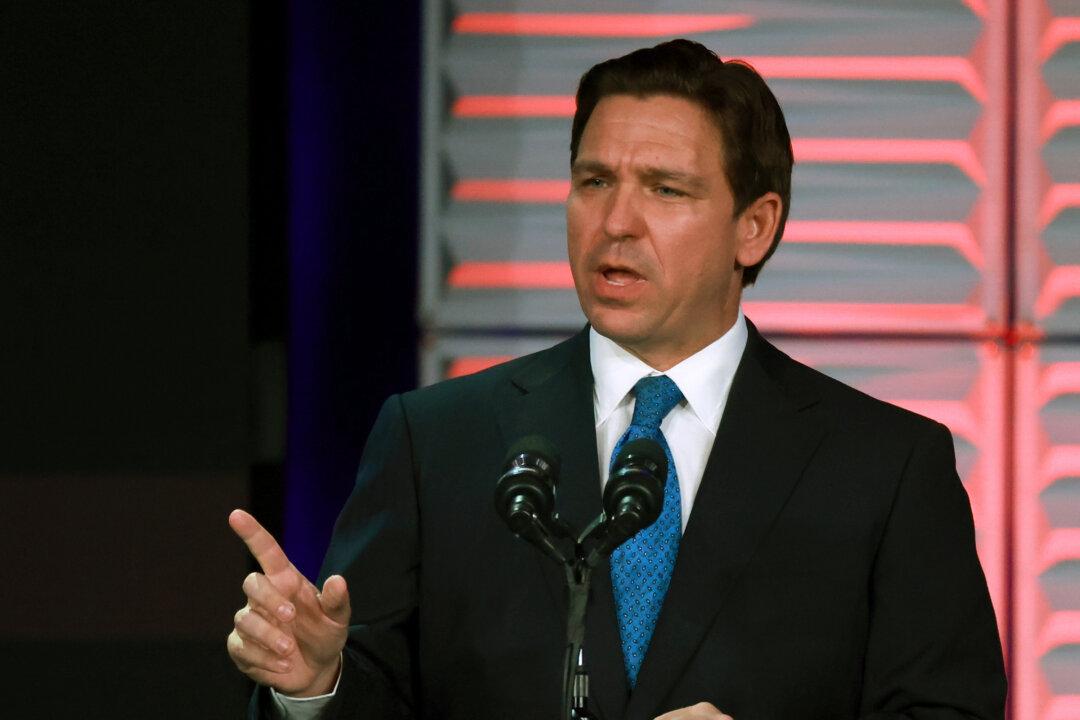DESANTIS VS. NEWSOM
The “Great Red State vs. Blue State Debate” is about to get underway. Florida Gov. Ron Desantis and California Gov. Gavin Newsom will take the debate stage tonight for a 90-minute one-on-one matchup.
Moderated by Sean Hannity, the showdown is set for 9 p.m. ET in Alpharetta, Georgia.
“This is one of those moments where you have two heavyweights in the political arena that are gonna have an opportunity to go head to head and talk about substantive, real issues and governing philosophies that affect everyone’s lives,” the Fox News host told Politico earlier this week.





